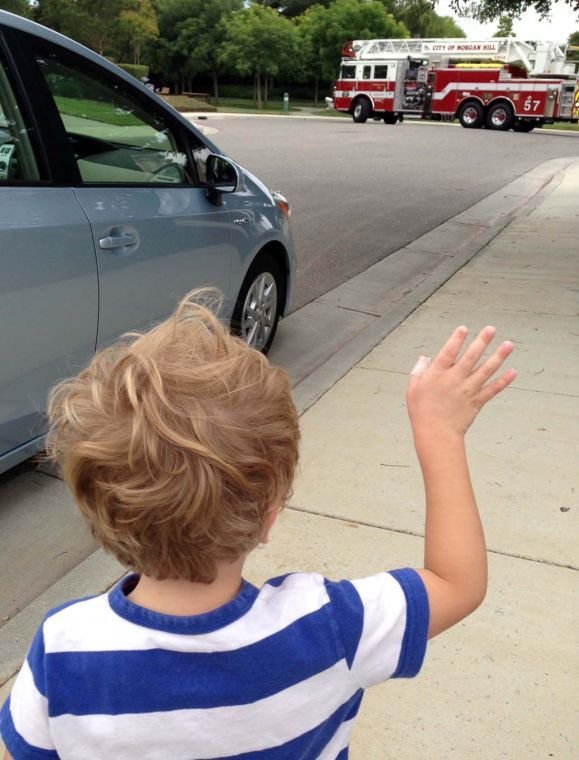
Today, a conundrum. What do you do when this likeable little fellow you’ve known your whole entire life turns out to be something … well, frankly, sinister?
Yes, I’m talking about Mr. Peanut.
I know, you’re undoubtedly sitting at the breakfast table with your bowl of cornflakes, thinking to yourself, “Well, she has finally gone around the bend.”
Ironic that the little dude I grew up with, who recently got a fashion makeover and even a voice, is now a nemesis.
You see, although the lowly peanut is packed with protein and other nice nutrients, for some people who unwittingly ingest it, it packs a deadly punch. My 4 1/2-year-old grandson, Charlie, is one of those people.
Charlie was diagnosed as a baby. Our family learned about the lifesaving EpiPen as well as eating nut-free. Both South Valley preschools he attended have a peanut-free policy. But Charlie is getting older, and his world is expanding.
Wondering how public schools handle the task of keeping kids with allergies safe, I reached out to Scott McMillan, director of student nutrition for Morgan Hill Unified School District. McMillan explained how teachers and administrators work with individual families to find safe menu options at the schools.
Wanting to discuss allergic kiddos at the classroom level, Morgan Hill’s Barrett Elementary School first-grade teachers Teresa Colbert and Ashley Stromberg filled me in on life at school for a child with allergies.
Teresa recently had a student who was severely allergic to peanuts and, with his mom, they formed a team of parent-teacher-child so this little boy would know his school was a safe place to be.
Ashley told me the school maintains a peanut-free table so children with allergies aren’t inadvertently exposed to the oils that come from peanuts.
Teresa expressed how non-allergic children, supportive of her severely allergic first-grade student, enjoyed sitting with him at the peanut-free table. Teresa also kept an EpiPen on her desk, and she knew how to use it.
“I believe that by establishing a strong relationship between the family and the teacher, having a student with a severe allergy or medical condition is a lot less scary and intimidating,” Teresa wrote to me in an email. Having such caring teachers would certainly put a worried parent’s mind at ease.
So far our Charlie has adapted well to his allergy and even asks “Is it safe?” before consuming something he’s unfamiliar with. However, it was an EpiPen that brought some unexpected drama to Charlie’s house one recent afternoon.
On the other end of my phone was our younger daughter with an urgent request: come quickly to stay with Cal while she took Charlie to urgent care.
When I arrived, my daughter was in a panic because 2-year-old Cal had hidden her car keys, and they were nowhere to be found.
I learned the reason for Charlie’s emergency wasn’t that he’d ingested peanuts—rather, he’d located an EpiPen and pricked his thumb with it. My daughter worried how Charlie’s body would react to this powerful drug.
With seconds ticking by, her keys hopelessly lost, and other options quickly discussed and discarded, my daughter finally called 911.
In minutes, two officers from MHPD were at the door, standard procedure when an emergency call is made. Seconds later, a massive fire engine rolled up to the curb, and Charlie’s house rapidly filled with six uniformed, larger-than-life paramedics and CalFire personnel.
And was Charlie excited about all this attention? Oh, yes, but not in the way you might think. The boy who couldn’t wait to visit the fire station with his preschool, then talked for months about the trucks and firefighters, was now attempting to dive under the sofa cushions.
Charlie soon relented and let himself be hooked up to monitoring devices and, other than a slightly elevated heartbeat, he was fine. The EMTs were beyond wonderful in giving us information we needed to hear. The drug passes through the body quickly, and the worst thing Charlie would feel might be a little fatigue.
With the caring and capable professionals who serve our South Valley, allergies or not, I’d say our kids are in pretty great hands.










